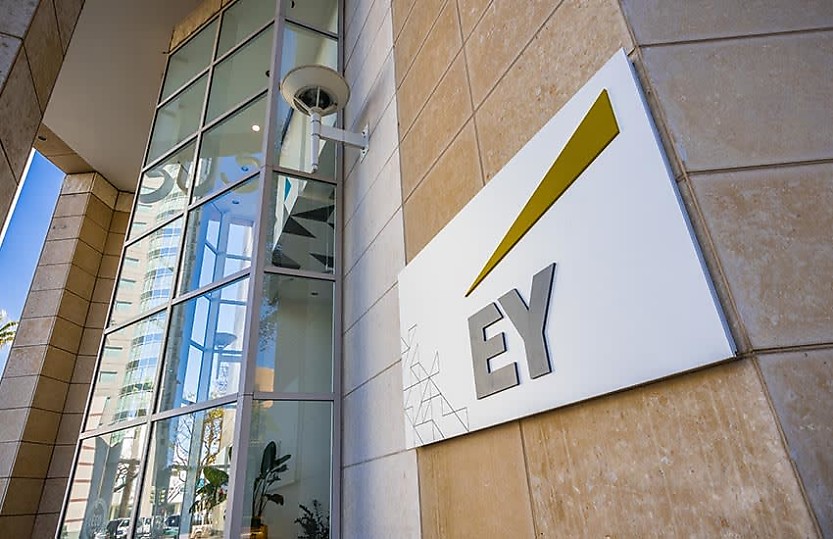Generative AI set to transform the tax industry, survey reveals

The development and adoption of generative AI will help transform tax and finance functions for the better, according to a recent EY survey.
Global CFOs and tax leaders have expressed optimism about generative AI and its benefits for tax and finance functions in the latest EY Tax and Finance Operations (TFO) Survey.
The survey results highlighted generative AI will help to address inefficiencies, talent shortages and compliance with emerging reporting obligations, including those related to global minimum taxes.
It was found that 87 per cent of CFOs and tax leaders believed generative AI would drive increased efficiency and effectiveness, up from 15 per cent in 2023.
However, 75 per cent of CFOs and tax leaders said they were only in the early stages of their generative AI journey.
EY global vice chair of tax, Marna Ricker, said the technology was revolutionising the tax and finance industry by helping manage complex reporting tasks and large amounts of data.
“It’s empowering tax professionals to have a transformative mindset, allowing them to be more efficient, focus on more strategic tasks and make better decisions,” she said.
“This will, in turn, unlock value for their organisations.”
“While the survey indicates that many leaders are grappling with how best to take advantage of the technology, now is the time to future-proof the tax function by developing a plan to integrate GenAI responsibly and with confidence.”
The TFO survey was derived from insights from 1,600 CFOs and tax professionals across 32 jurisdictions and 18 industries.
Tax and finance functions would need to transform to contend with growing cost pressures, a talent deficit and compliance with new tax regulations, according to EY.
Within the survey, the top concern for respondents was emerging cost pressures with cumulative cost-cutting and inflation significantly eroding tax and finance functions’ budgets in real terms.
Forty-nine per cent said effectively managing budgets was their top priority and 86 per cent were looking to cut costs.
According to EY, tax functions must adapt to manage more complex and data-heavy tax responsibilities, such as real-time digital tax filings and e-invoicing.
This also included complying with Pillar Two recommendations and the profit-shifting project which urges countries to set a global minimum tax of at least 15 per cent for large corporations.
The survey reflected that 42 per cent of organisations anticipated a considerable number of adjustments to source Pillar Two reporting data and 82 per cent expected to make moderate to significant changes to their reporting process.
EY global tax and finance operate leader Dave Helmer said regulatory and reporting pressures were driving the need for data and technological transformation.
“Mounting regulatory and reporting pressures continue to be a strain for tax and finance functions and businesses are struggling to put the right data and technology in place to address these challenges,” Helmer said.
“Data re-use and intelligent agents are a powerful solution to make that and much more happen.”
The survey results underscored the critical challenge of filling the talent gap.
Seventy per cent of tax and finance leaders said they had noticed the impact a lack of accounting talent entering the industry was having on the profession, with 53 per cent confirming they struggled to attract and retain qualified people.
It was also found that 62 per cent believed employees without a university degree were an increasingly important source of talent.
Fifty-five per cent said generative AI would not impact the tax function workforce in terms of a reduction, yet believed companies would reallocate employees’ time away from routine compliance tasks to leverage more strategic, high-value activities.
Helmer said the talent gap had reached crisis proportions.
“Employees are being called on to do more with less, but businesses also want tax professionals to spend twice as much time on more strategic tasks than they do on routine work.”
“To facilitate this, many businesses are looking to co-source as a solution, particularly with the budget constraints and the need to invest in technology and GenAI.”
About the author







